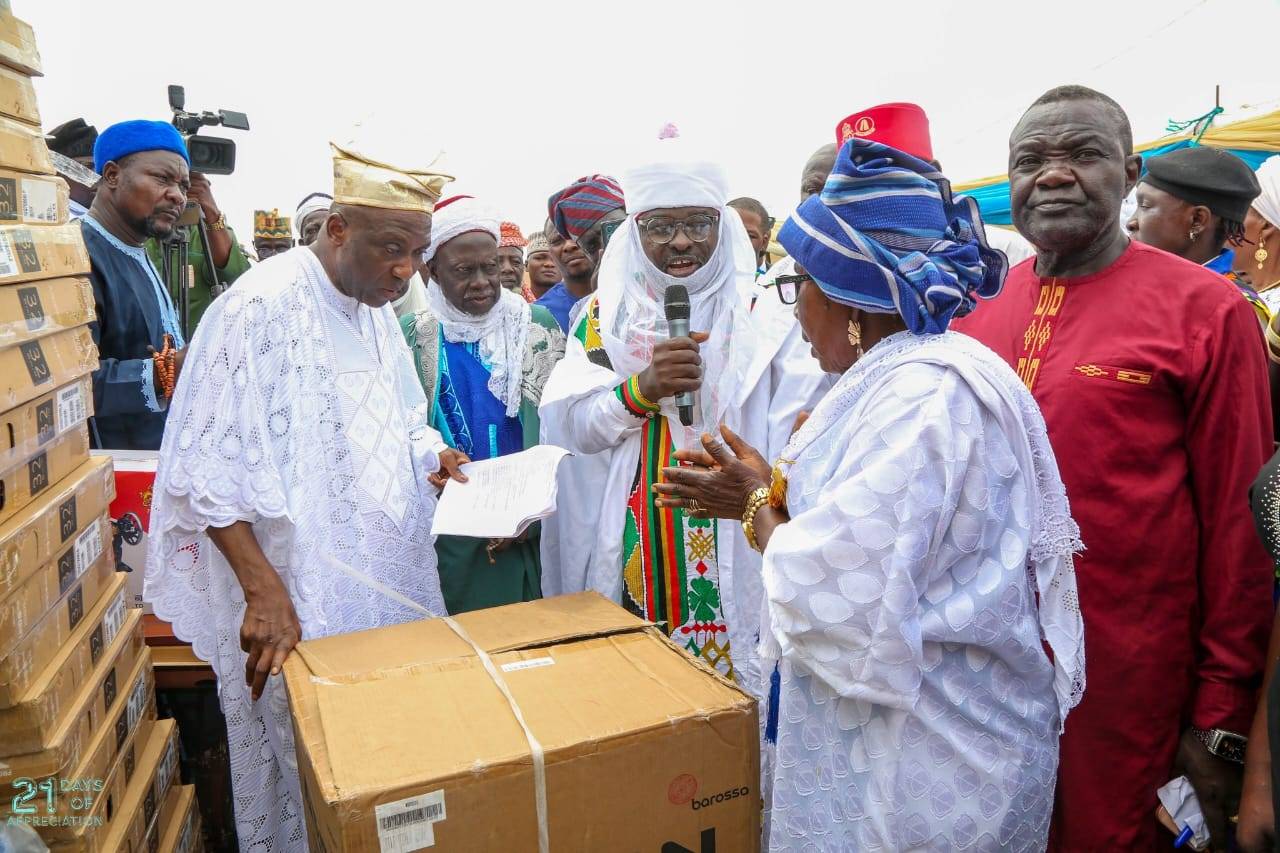The latest monthly Reuters survey has shown that the Organisation of Petroleum Exporting Countries (OPEC) continued to raise its oil production in November under the OPEC+ deal, but the cartel continued to pump less crude than its share of the monthly increase, just as Nigeria witnessed an increased production.
Nigeria’s production had been challenged until last month when Shell Petroleum Development Company of Nigeria (SPDC) lifted force majeure on crude exports from Bonny Light terminal following repairs to a leaking pipeline.
Operational issues have hampered Nigeria’s crude production throughout the second half of this year, with disruption at several other terminals including Qua Iboe, Forcados, Erha and Brass River.
Nigeria’s production in the last few months has been below budgetary benchmark dropping to 1.37 million barrels a day in October, 261,000 bpd below its OPEC+ quota.
Under the OPEC+ deal, the 10 OPEC members bound by the OPEC+ pact should be raising their combined production by 254,000 barrels per day (bpd) each month out of the total OPEC+ monthly supply addition of 400,000 bpd.
In November, OPEC’s crude oil production increased by 220,000 bpd to 27.74 million bpd, according to the Reuters survey.
The rise, once again, fell short of the 254,000-bpd increase that OPEC should be implementing.
The Reuters survey confirms a trend that began a few months ago—not all OPEC members have the capacity to pump to their full quotas.
Saudi Arabia, OPEC’s top producer and de facto leader, saw the largest increase in production in November, in line with its target. So did Iraq, OPEC’s second-largest producer, according to the survey.
Nigerian production managed to recover in November from a force majeure in October, but other African producers continued to struggle to produce to their targets. Oil production in Angola, Gabon, and Equatorial Guinea either fell or remained flat.
The steepest drop came from Angola, whose output dropped by 50,000 bpd in November from October due to a lack of capacity, the Reuters survey found. Angola’s exports have dipped to a record low this month, per tanker schedules seen by Reuters.
OPEC+ meets on Thursday to decide production levels for January, and a growing number of analysts believe that the group could pause the monthly supply additions amid an expected surplus early next year and the still high uncertainty about the impact of the Omicron Covid variant on oil demand.












